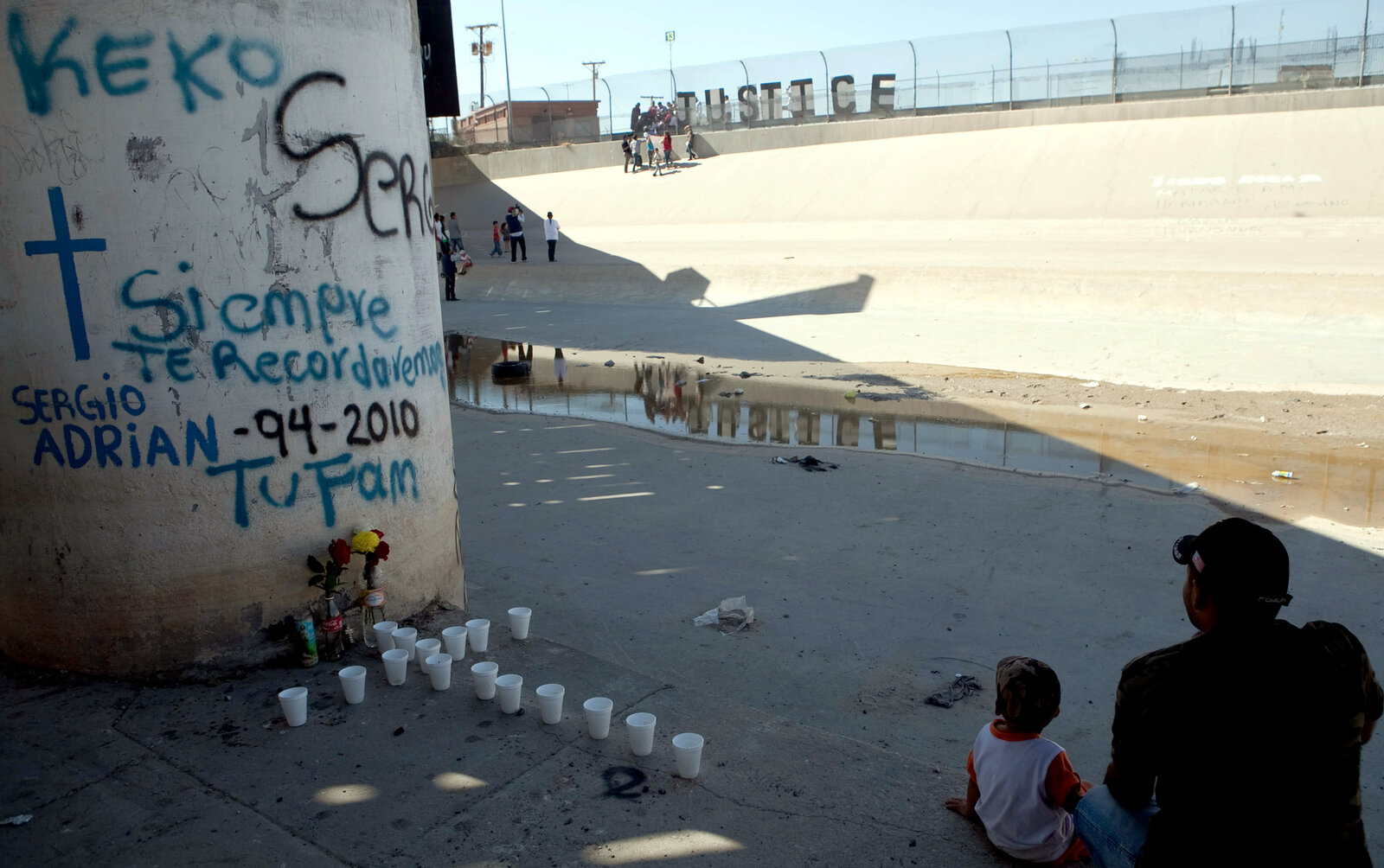By: Nicole Hoerold
Impunity Watch Reporter, Asia
MANILA, Philippines– A retired Philippine police officer has confessed to leading a death squad on the direct orders of Rodrigo Duterte, before he became president. The retired police officer, Arthur Lascañas, spoke at a news conference on February 20. Mr. Lascañas alleges that President Duterte had personally ordered extrajudicial killings during his time as mayor of Davao. Mr. Lascañas is the second person to speak out against President Duterte. Last year, Edgar Matobato made similar claims to have received orders from Durterte to commit extrajudicial killings during his time as mayor.

These accusations come only weeks after President Duterte was accused of sponsoring extrajudicial killings in his own state-sponsored war on drugs. In early 2017, Amnesty International warned that the Philippine police are “systematically planning” such killings against criminals and drug suspects.
The recent accusations against Duterte claim that the former mayor established groups of hit-men to find and kill small-time drug dealers and petty criminals. Mr. Lascañas explained that members of these groups were paid between $400 and $1,000 for the killings, a price dependent on the status of the individuals murdered. Mr. Lascañas said that the groups received allowances for these efforts directly from Duterte’s office as mayor. Eventually, the groups were encouraged to kill not only drug offenders and criminals, but any individual critical of Duterte’s rule.
Mr. Lascañas confirmed earlier statements by Mr. Matobato which claimed that Duterte called for the murder of Jun Pala, who was gunned down near his home in 2003. Jun Pala was a radio commentator who was famously critical of Duterte during his time as mayor of Davao.
Philippine Senator Leila de Lima, a staunch critic of Duterte, urged the country’s Cabinet to declare their president unfit to rule, describing him as a “sociopathic serial killer”. De Lima is now facing arrest on charges that she was involved in the drug trade, accusations which she says were master-minded as a result of her leading an investigation of the recent allegations against Duterte during his time as mayor.
For more information, please see:
CNN – Former Davao Death Squad leader: Duterte ordered bombings – 20 February, 2017


